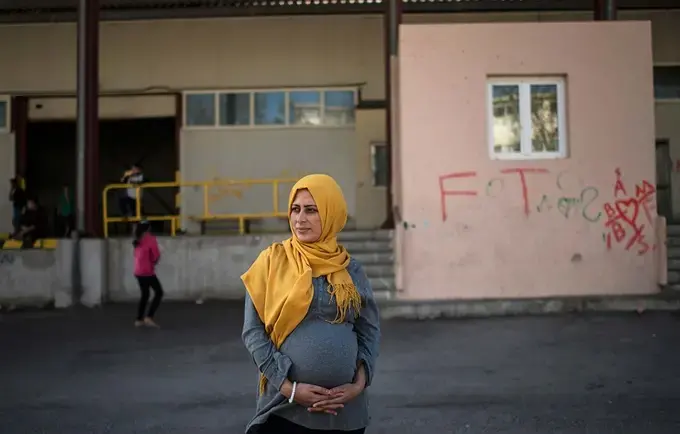UNFPA's work on population is central to the goals of the international community in order to achieve the SDGs and demographic dividend, eradicate poverty and achieve sustainable development.Population dynamics, including growth rates, age structure, fertility and mortality and migration influence every aspect of human, social and economic development. Other core areas of UNFPAs work --including reproductive health and women's empowerment, which greatly influence population trends. UNFPA GCC helps the governments in the region to gather information, track and analyze population trends in order to create and manage sound policies and generate the political will to appropriately address both current and future needs. UNFPA GCC assists countries in every aspect of this, as needed, from developing capacity in data collection and analysis to participating in national, regional and global policy dialogue to supporting demonstrative programmes for purpose of up scaling. UNFPA GCC office has signed co-operative and trust fund agreements with the Governments of the Kingdom of Bahrain, State of Qatar, Sultanate of Oman and the Kingdom of Saudi Arabia to provide technical assistance and build capacity of the technical staff of the respective governments in the field of Population and Development.
UNFPA GCC is working to enhance the national capacities of the GCC region's government for the production, utilization and dissemination of statistical data on population dynamics, youth, maternal health, SRH and GBV. The office also works to support relevant government bodies in improving accuracy and quality of vital statistics and other population data for evidence-based policy formulation.
UNFPA provides support to the governments in introduction of population policies. It also supports use of modern information technologies in dissemination of statistical data for evidence-based policy-making. UNFPA GCC supports development and production of publications with a focus on youth, RH and gender. UNFPA also promotes international experience exchange in areas of data collection and dissemination.
On the other side, UNFPA GCC is working to strengthen national capacity for data analysis to integrate population dynamics and population issues (with focus on maternal health, RHRs and women health) in national policies. In this direction UNFPA works to build national capacity to analyze data, strengthen evidence-based policy dialogues with policy-makers through carrying out and dissemination of cross-cutting thematic research with policy recommendations on maternal health, youth, RHRs and gender issues in GCC countries.
UNFPA works closely with government bodies, NGOs, parliamentarians, statistics centers and Government authorities in addressing their capacity needs in applying available data, research results and best practices for evidence-based planning and policy formulation in areas of UNFPA mandate. The UNFPA supports the Governments' efforts in the implementation of National Reproductive Health Strategies, Youth Development Strategies, Gender Equality policies and Demographic Dividend. The UNFPA GCC also advocates and provides technical support in provision of RH services in co-operation with the national authorities.



